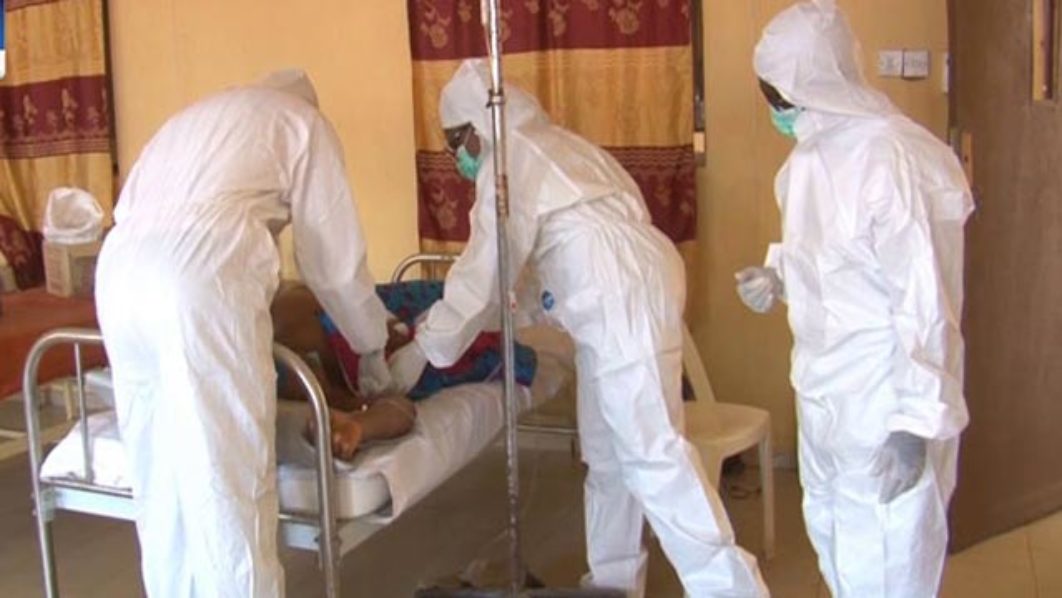Bode noted that the last two cases of the epidemic managed in LUTH arrived from outside facilities, adding that a 32-year-old lady came with bleeding complications of pregnancy on July 25 and died the same day because she had a post-mortem examination performed on July 27. Result of viral studies came out positive for Lassa fever on July 29.
Director, Disease Control, Lagos State, Dr. Eniola Erinsho and Special Adviser to the Governor on Primary Health Care, Dr. Olufemi Onanuga, said the state government is committed to ensuring that people are safe.
They advised residents to keep their environment clean to avoid contact with rats and handle their refuse dumps properly to avoid new cases. Onanuga, in a statement yesterday, said the government is currently carrying out ‘contact tracing’ to determine those who may have been infected, adding that isolation centres have been prepared to manage suspected and confirmed cases while drugs and other materials have also been prepositioned at designated facilities.
The special adviser, who confirmed five cases of the disease, stated that two deaths had been recorded, noting that the remaining three patients are responding to treatment in designated isolation centres.
He said the health personnel who came in direct contact with the patients were still being followed up for early signs of Lassa fever, adding that three health workers who developed symptoms had tested positive and were on admission receiving treatment in an isolation ward in LUTH.
Onanuga stressed the need for members of the public to ensure and maintain adequate personal and environmental hygiene at all times as part of the precautionary measures to prevent the outbreak of the disease in the state.
He also stated that Lassa fever, an acute viral infection caused by the Lassa virus, is associated with persistent high fever, adding that as the disease progresses into a severe form, the patient begins to develop facial swelling, fluid in the chest, bleeding from the mouth, nose, vagina and the gut, low blood pressure, shock, disorientation, coma and kidney and liver failure.
According to him, other usual symptoms include general weakness of the body, malaise headache, sore throat, nausea, diarrhea and vomiting.
He, therefore, advised Lagos residents to report suspected case or cases of the disease symptoms or persistent high fever not responding to standard treatment for malaria and typhoid fever to the nearest health facility.
Also, he urged Lagosians to contact the Directorate of Disease Control in the state Ministry of Health or the following telephone numbers 08022234273, 08037170614 and 08023169485 for further clarifications on the disease.
Source:Guardian

 Lagos University Teaching Hospital (LUTH), Idi-Araba, Lagos, in collaboration with Lagos State government, has assured residents of Lagos State and Nigeria at large that the recent Lassa fever outbreak is under control and there is no cause for alarm.
Lagos University Teaching Hospital (LUTH), Idi-Araba, Lagos, in collaboration with Lagos State government, has assured residents of Lagos State and Nigeria at large that the recent Lassa fever outbreak is under control and there is no cause for alarm.




